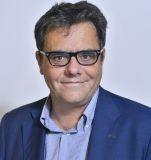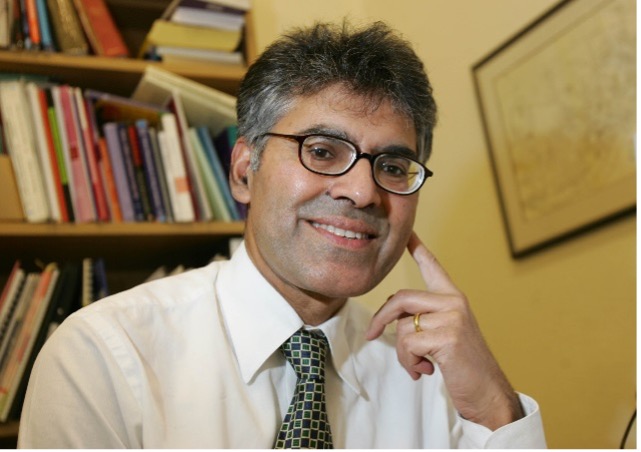TUESDAY DIALOGUES: Labour market integration of refugees: Lessons learned?
Online on ZoomArbeitsmarktintegration von Geflüchteten: Lessons learned? | Labour market integration of refugees: Lessons learned? Prof. Dr. Yuliya Kosyakova, Leiterin des Forschungsbereiches Migration, Integration und internationale Arbeitsmarktforschung am Institut für Arbeitsmarkt- und Berufsforschung (IAB) und Professorin für Migrationsforschung an der Otto-Friedrich-Universität Bamberg | Head of the Research Department “Migration, Integration and International Labour Studies” at the Institute



